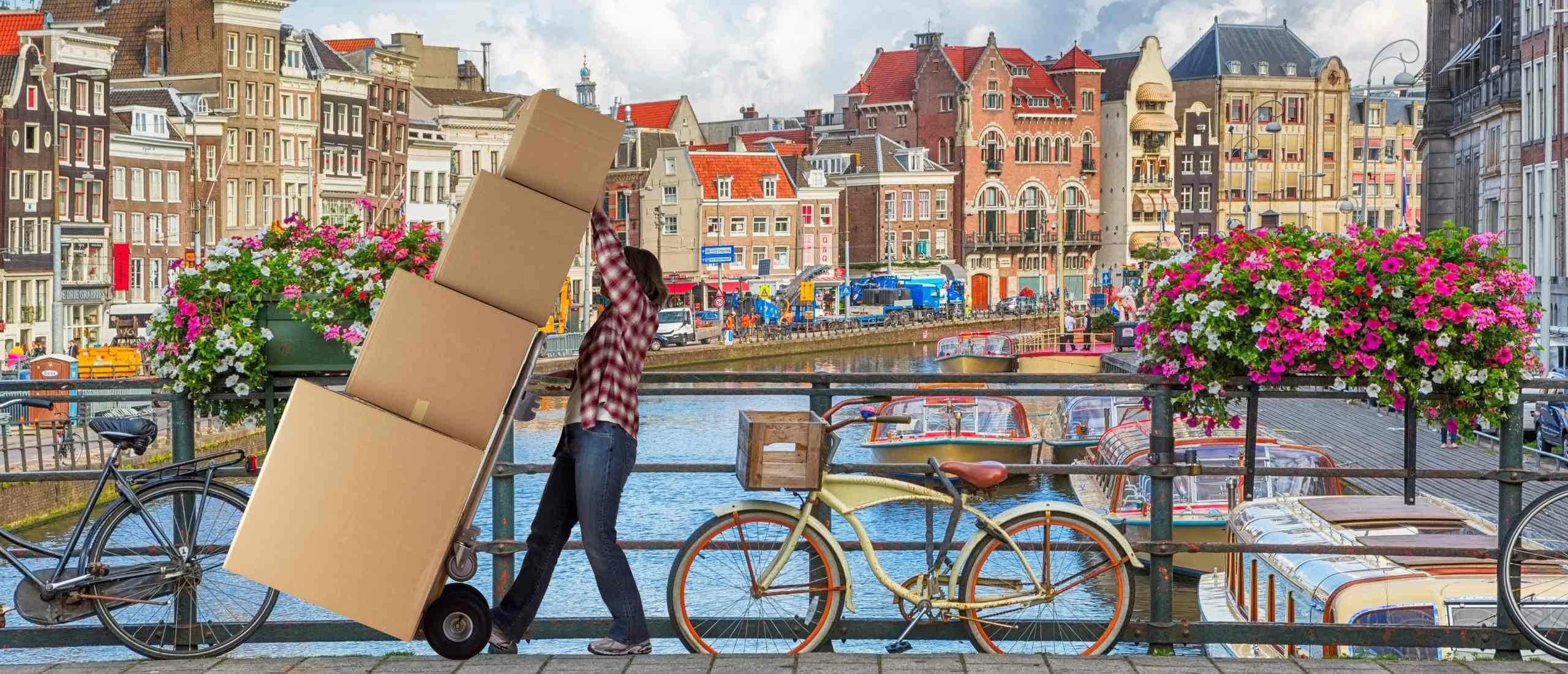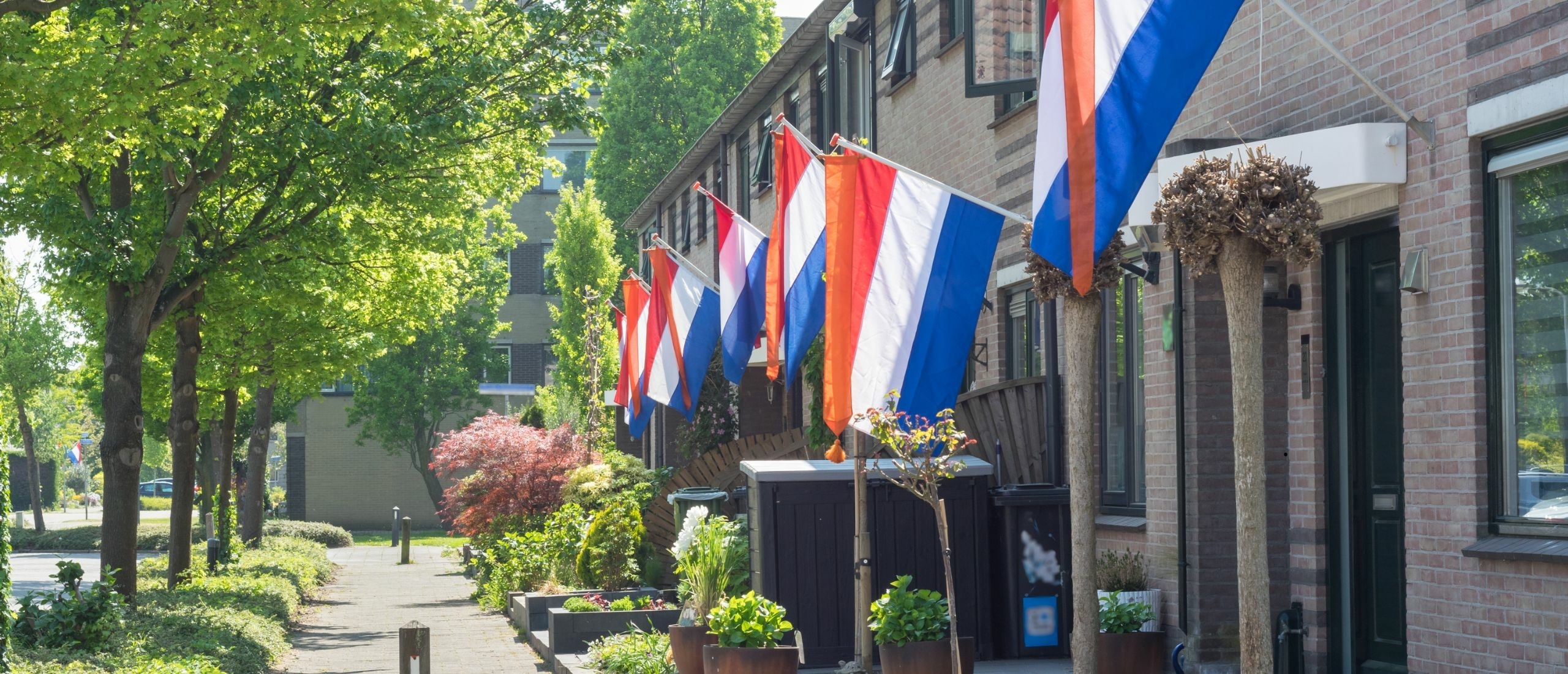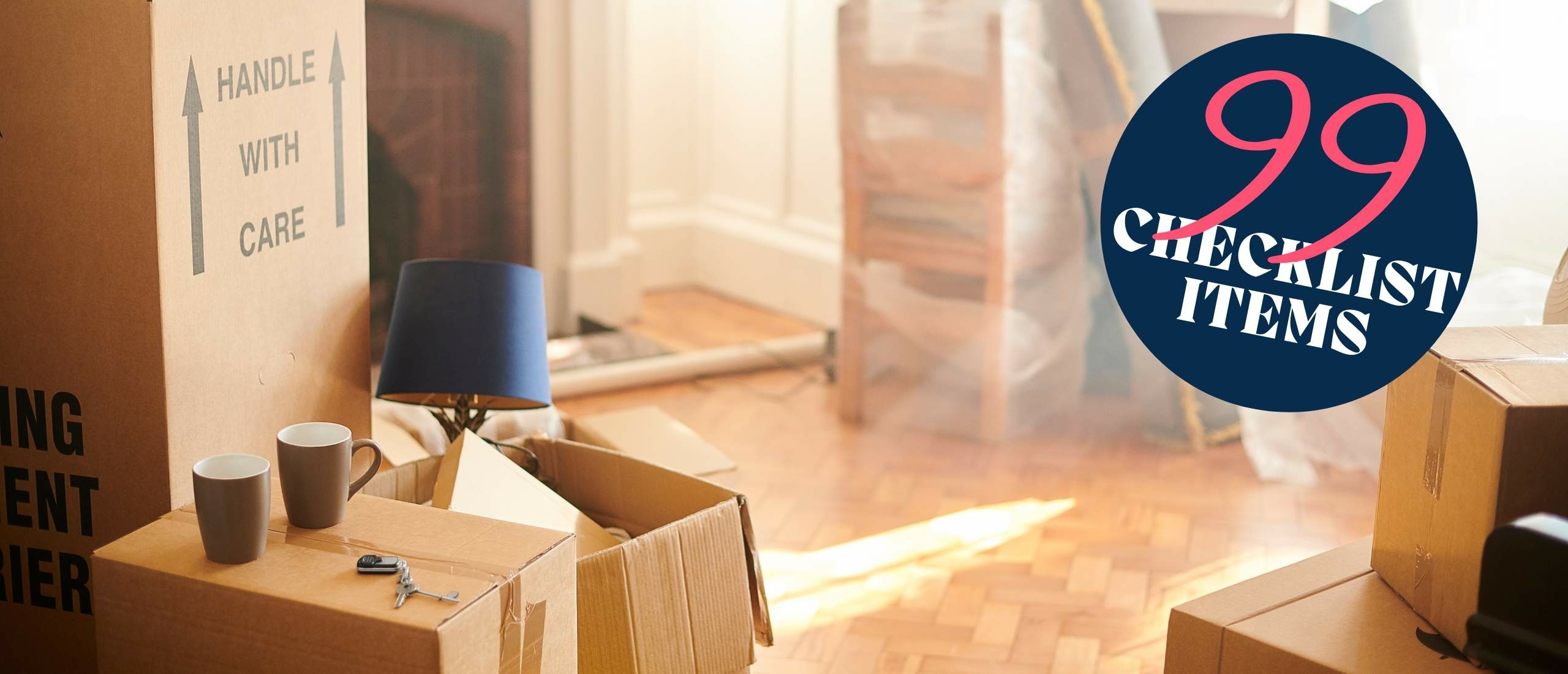
Residence Permit The Netherlands: Your Expat Guide
Can I Move to the Netherlands?
If you are considering moving to the Netherlands, there are certain requirements you must meet in order to obtain a residence permit. These requirements typically include having a valid reason for wanting to move to the country, such as work, study, family reunification, or entrepreneurship. You will also need to have a valid passport, sufficient financial means to support yourself, and health insurance coverage.
Once you have obtained your residence permit and officially become a resident of the Netherlands, you will have certain rights and obligations to uphold. As a resident, you will have the right to live and work in the country, access healthcare and education, and participate in Dutch society. However, you will also be expected to abide by Dutch laws and regulations, pay taxes, and integrate into Dutch culture. It is important to familiarize yourself with the rights and obligations of residents in the Netherlands in order to ensure a smooth transition to your new life in the country.
Should I Move to The Netherlands?
If you are considering moving to the Netherlands, you may be wondering if it's the right decision for you. The country offers a good work-life balance, with shorter working hours and generous vacation time compared to many other countries. This allows for more time to enjoy the high quality of life that the Netherlands has to offer. In addition to a good work-life balance, the Netherlands is known for being a safe and tolerant society. It has a strong economy and job opportunities in various sectors, making it an attractive destination for expats looking to advance their careers. Furthermore, the Netherlands boasts an excellent healthcare and education system, providing residents with access to high-quality medical care and top-notch schools. The country is also known for its diverse and multicultural society, making it easy for expats to feel at home and connect with people from all over the world. If you are considering a move to the Netherlands, you will need to obtain a residence permit. This permit allows you to live and work in the country legally. There are different types of residence permits available, depending on your situation and reason for moving to the Netherlands. It's important to research the requirements and application process for obtaining a residence permit before making the move.
How can I legally live in The Netherlands?
If you are looking to legally live in the Netherlands, there are several options available to you. One way is to apply for a residence permit through the Dutch Immigration and Naturalization Service (IND). This can be done for various reasons, such as work, study, family reunification, or starting a business in the country. Another option is to find a job with a Dutch employer who can sponsor your work permit. This will allow you to live and work in the Netherlands legally. Additionally, you can start a business in the Netherlands and obtain a self-employment visa, which will enable you to run your own company in the country. If you are interested in furthering your education, you can enroll in a Dutch university or educational institution and apply for a student visa. This will allow you to live in the Netherlands while studying and gaining valuable skills and knowledge. Lastly, if you have a romantic connection with a Dutch citizen or a permanent resident, you may qualify for a family reunification visa. This would enable you to live in the Netherlands with your partner and build a life together in this beautiful country. Overall, there are various legal pathways to living in the Netherlands, so it's important to explore your options and choose the best one for your individual circumstances.
Is it easy to move to The Netherlands?
Moving to the Netherlands can be a relatively straightforward process for those who are well-prepared. The first step is to determine what type of residence permit you will need, depending on your reason for moving to the country. Whether you are coming for work, study, family reunification, or another reason, there are specific requirements and procedures to follow. Once you have determined the type of residence permit you need, you will need to gather the necessary documentation and submit an application to the appropriate authorities. This may include proof of employment, financial stability, housing, and health insurance. It is important to ensure that all documents are in order and that you meet all the requirements before submitting your application. After submitting your application, you may need to attend an interview or provide additional information. Once your application is approved, you will receive your residence permit, allowing you to legally reside in the Netherlands. It is important to keep your residence permit up to date and comply with any conditions attached to it to avoid any issues with your legal status in the country. Overall, while moving to the Netherlands may require some effort and paperwork, it is certainly possible for those who are prepared and follow the necessary steps. With the right information and guidance, you can successfully navigate the process of obtaining a residence permit and enjoy living in this vibrant and welcoming country.
Types of residence permits in The Netherlands
In the Netherlands, there are several types of residence permits that individuals can apply for depending on their specific circumstances. The regular residence permit is typically granted to individuals who plan to stay in the country for a longer period of time for purposes such as work or study. This permit allows the holder to reside in the Netherlands for a specified period. For those who need to stay in the Netherlands temporarily, the provisional residence permit may be the best option. This permit is often granted to individuals who are awaiting a decision on their regular residence permit application or for other temporary reasons. Individuals who have been living in the Netherlands for a certain period of time and meet specific requirements may be eligible for a permanent residence permit. This permit allows the holder to live and work in the Netherlands indefinitely. For individuals looking to join family members who are already living in the Netherlands, the family reunification residence permit is the appropriate choice. This permit allows family members to join their loved ones in the country. Students who wish to study in the Netherlands can apply for a student residence permit, which allows them to reside in the country for the duration of their studies. Finally, highly skilled migrants who have a job offer in the Netherlands can apply for a highly skilled migrant residence permit, which allows them to work and live in the country. Each type of residence permit has specific requirements and conditions that must be met in order to be granted.
Requirements for obtaining a residence permit in The Netherlands
In order to obtain a residence permit in the Netherlands, there are several requirements that must be met. 1. Valid Passport: Applicants must have a valid passport that is valid for the duration of their stay in the country. 2. Sufficient Financial Means: Proof of sufficient financial means is necessary to ensure that individuals can support themselves during their time in the Netherlands. 3. Health Insurance: Health insurance is also a requirement. 4. Clean Criminal Record: Applicants must have a clean criminal record to demonstrate good conduct. 5. Purpose of Stay: Individuals must provide a clear purpose of their stay in the Netherlands, whether it be for work, study, or family reunification. 6. Proof of Accommodation: Lastly, proof of accommodation is needed to show that individuals have a place to live while residing in the country. By meeting these requirements, individuals can successfully obtain a residence permit in the Netherlands and begin their journey of living in this beautiful country.
Process of applying for a residence permit in The Netherlands
If you are planning to move to the Netherlands, the first step is to check if you need a residence permit. Depending on your nationality and the purpose of your stay, you may need to apply for a residence permit in order to legally live and work in the country. Once you have determined the type of residence permit you need, the next step is to gather all necessary documents for your application. This may include a valid passport, proof of sufficient funds, a clean criminal record, and any other specific requirements based on your situation. After you have all the required documents, you can submit your application online through the immigration website, or at the Dutch embassy or consulate in your home country. Be sure to pay the application fee at the time of submission to avoid any delays in processing. Depending on the type of residence permit you are applying for, you may be required to attend interviews or biometric appointments as part of the application process. It is important to follow all instructions and provide any additional information requested in a timely manner to ensure a smooth application process.
Rights and responsibilities of holders of a residence permit in The Netherlands
As a holder of a residence permit in the Netherlands, you have certain rights and responsibilities that come with living in the country. One of the key rights you have is the right to live and work in the Netherlands. This allows you to establish yourself in the country and contribute to the local economy. Additionally, you have the right to access healthcare and social services, ensuring that you can receive the necessary support and assistance when needed. On the other hand, with these rights come responsibilities that you must adhere to. It is important to abide by Dutch laws and regulations, respecting the legal framework of the country. This includes obeying traffic rules, following employment regulations, and respecting the local customs and traditions. Furthermore, as a resident in the Netherlands, you are required to pay taxes to contribute to the public services and infrastructure of the country. Another important responsibility is to renew your residence permit before it expires. Failing to do so could result in legal consequences, such as being asked to leave the country. Additionally, it is your responsibility to inform the authorities of any changes in your personal information, such as a change of address or marital status. This ensures that your records are up to date and that you are in compliance with the regulations set forth by the Dutch government. By understanding and fulfilling these rights and responsibilities, you can enjoy a smooth and successful stay in the Netherlands.
Renewing a residence permit in The Netherlands
When renewing a residence permit in the Netherlands, it is important to submit the renewal application in a timely manner to ensure that there is no gap in your legal status. This can be done through the IND (Immigration and Naturalisation Service) website or by visiting an IND desk in person. Make sure to provide all necessary documentation and information, such as proof of income, housing, and insurance, along with any other specific requirements for your type of permit. After submitting the application, you will need to pay the required fees for the renewal. These fees can vary depending on the type of permit you hold and the length of the renewal. It is important to keep track of any deadlines for payment to avoid delays in processing your application. In some cases, you may be required to attend appointments or interviews as part of the renewal process. This could include a biometric appointment for fingerprinting and a short interview to verify your information. Be sure to attend these appointments as scheduled to avoid any complications with your renewal. Once you have completed all necessary steps, you will need to wait for a decision on your renewal application. This can take several weeks, so it is important to be patient during this time. If your application is approved, you will be notified and can then collect your new residence permit from the designated IND office. Renewing a residence permit in the Netherlands may seem like a daunting process, but by following these steps and staying organized, you can ensure a smooth and successful renewal experience.
Consequences of overstaying a residence permit in The Netherlands
When living in the Netherlands as an expat, it is crucial to adhere to the rules and regulations regarding your residence permit. Overstaying your permit can have serious consequences, including the loss of legal status in the country. This could result in being fined or even deported, which can disrupt your life and future plans. Additionally, overstaying a residence permit can make it difficult to obtain future visas or residence permits in the Netherlands or in other countries. This can limit your opportunities for travel and work abroad. Moreover, without a valid residence permit, you may face challenges in finding legal employment or pursuing further studies in the Netherlands. Furthermore, overstaying your residence permit can also impact your access to healthcare and social services in the country. Without a valid permit, you may not be eligible for certain benefits or assistance programs, which can affect your well-being and quality of life. Lastly, overstaying a residence permit can have a negative impact on your reputation and credibility as an expat in the Netherlands. It can create distrust with authorities and potential employers, making it harder to build a successful and stable life in the country. To avoid these consequences, it is important for expats to regularly check their residency status and ensure they are in compliance with the rules and regulations outlined in the checklist for expats living in the Netherlands. By staying informed and proactive, expats can avoid the pitfalls of overstaying their residence permit and enjoy a smooth and successful experience living in the Netherlands.










